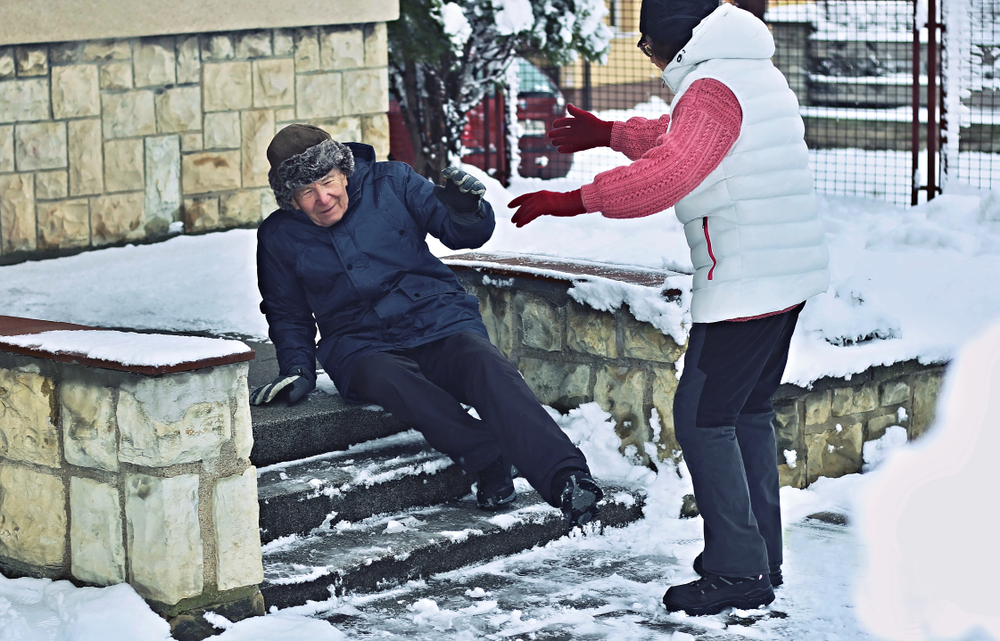Make an Appointment
Cognitive decline, whether due to mild memory loss or dementia, can make everyday life feel more challenging for older adults. Hobbies and activities that once felt easy may now cause confusion or frustration. For caregivers and families, it can be difficult to know how to keep a loved one engaged without overwhelming them.
Common questions include: What activities are fun for seniors with dementia? Are there hobbies that help prevent further decline? What cognitive stimulation activities actually work?
The good news is that enjoyable, meaningful activities can still bring comfort, joy, and even cognitive benefits. They can spark memories, reduce anxiety, and improve overall wellbeing.
In this guide, we’ll explore engaging hobbies and cognitive stimulation activities for seniors with cognitive decline, explain why they’re helpful, and share how to adapt them for different ability levels.
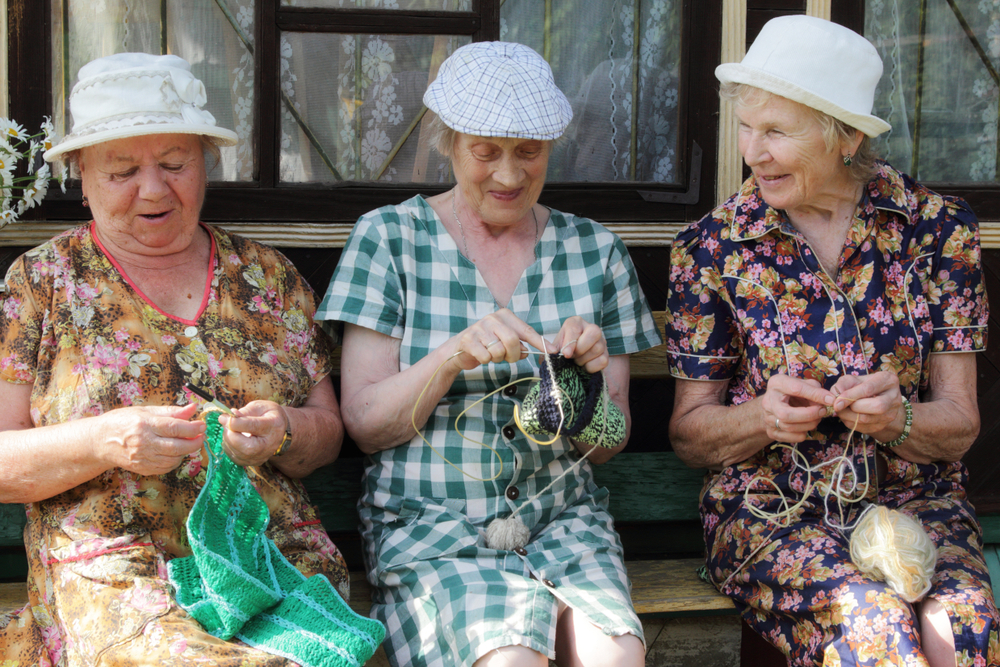
Why Activities Matter for Seniors with Cognitive Decline
Staying mentally and socially active is just as important as physical health. For people with dementia or cognitive decline, the right activities can improve quality of life in many ways.
Cognitive Benefits
- Stimulates the brain – Activities that involve thinking, planning, or remembering keep the brain active.
- Supports memory retention – Familiar hobbies can spark long-term memories and encourage conversation.
- Improves focus and attention – Gentle mental challenges help maintain concentration skills.
Emotional Benefits
- Reduces anxiety and agitation – Calming activities like listening to music can ease restlessness.
- Boosts mood – Engaging in something enjoyable helps reduce feelings of sadness or loneliness.
- Provides a sense of accomplishment – Completing even small tasks can increase confidence.
Social Benefits
- Encourages connection – Activities done with family or in a group prevent isolation.
- Promotes communication – Shared hobbies provide an easy way to interact without pressure.
Without purposeful activities, seniors may become more withdrawn or agitated. Even short, simple hobbies help maintain routine and bring joy to daily life.
For more on the benefits of staying engaged, visit Dementia Australia – Staying Active.

Fun and Calming Activities for Seniors with Dementia
Here are simple, low-stress activities that many seniors with cognitive decline enjoy.
Music and Singing
- Listening to familiar songs can evoke positive memories and reduce agitation.
- Singing along to old favourites can improve mood and encourage interaction.
- Playing simple instruments like a tambourine or maracas adds a fun, sensory element.
Arts and Crafts
- Painting, colouring, or clay modelling encourages creativity without needing complex instructions.
- Sorting buttons or beads by colour and size can be soothing and repetitive.
- Making simple collages with magazines or photos provides a tactile, visual activity.
Sensory Activities
- Folding soft towels or fabric provides gentle stimulation without overwhelming the senses.
- Handling sensory items like textured balls, fidget blankets, or memory boxes with familiar objects can be calming.
- Aromatherapy with lavender or citrus scents can reduce stress.
Gentle Movement
- Chair yoga or seated stretching helps maintain flexibility.
- Simple hand exercises, ball toss games, or short walks provide light physical activity.
Nature and Gardening
- Watering plants or gently potting flowers connects seniors to nature.
- Watching birds or sitting in a sunny garden provides a calming environment.
These activities are non-demanding, meaning there’s no “right” or “wrong” way to do them, which reduces frustration.
For more calming activity ideas, see our Occupational Therapy services for dementia.

Cognitive Stimulation Activities to Support Memory and Thinking
Cognitive stimulation doesn’t have to feel like “work.” It can be woven into enjoyable activities that encourage thinking in a relaxed way.
Reminiscence Activities
- Look through old photo albums and talk about family, friends, or past events.
- Play “memory boxes” filled with familiar objects like a favourite scarf, tool, or book.
- Watch movies or listen to radio shows from their younger years.
Simple Puzzles and Games
- Large-piece jigsaw puzzles with clear images.
- Matching games with pictures, shapes, or colours.
- Word games like identifying letters in magazines or reading short, familiar phrases.
Everyday Cognitive Tasks
- Sorting cutlery, folded laundry, or pantry items by size or type.
- Helping with simple meal prep like washing vegetables or stirring ingredients.
- Setting the table with guidance and visual prompts.
Technology-Based Activities
- Tablet apps designed for dementia, like interactive music or brain games.
- Video calls with family, which provide social and cognitive engagement at the same time.
These activities encourage thinking, conversation, and decision-making without feeling overwhelming.
For more on cognitive stimulation therapy, visit Better Health Victoria – Dementia Support.
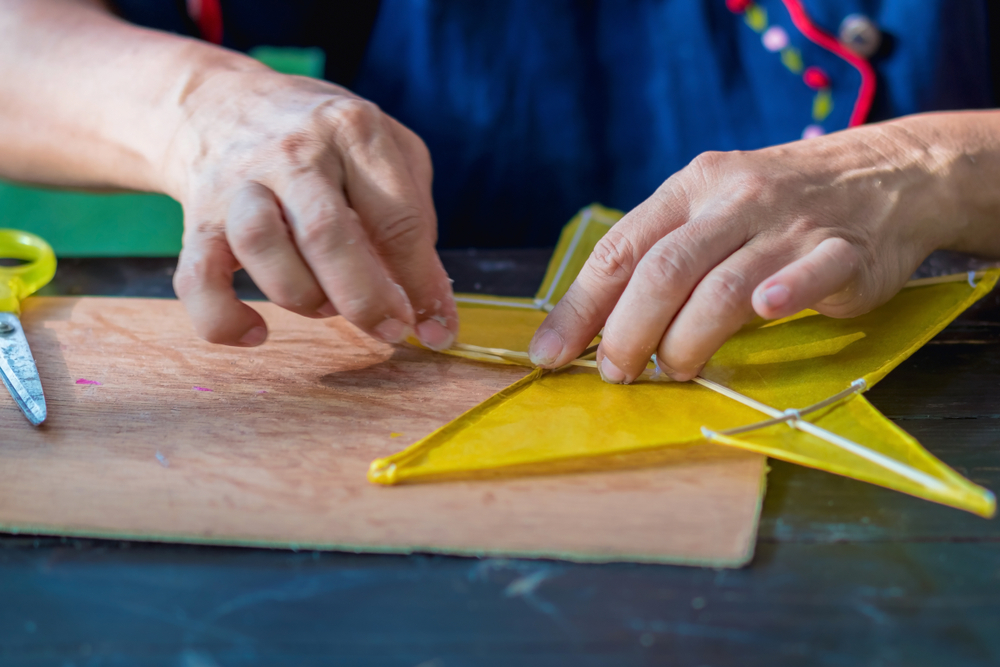
Hobbies That Help Prevent or Slow Cognitive Decline
While no single hobby can prevent dementia entirely, research shows that mentally stimulating and socially engaging activities can support brain health.
Mentally Stimulating Hobbies
- Learning new skills like painting, knitting, or simple language exercises.
- Reading short stories, poetry, or large-print books aloud.
- Doing crossword puzzles, sudoku, or memory-matching cards at a simple level.
Social and Community Activities
- Attending dementia-friendly group classes like music or art therapy.
- Joining community gardening or walking groups.
- Participating in intergenerational programs where children and seniors share activities.
Physical Activity as Cognitive Support
Regular physical movement improves blood flow to the brain and supports better thinking skills. Activities like tai chi, gentle yoga, or balance exercises combine physical and cognitive benefits.
What Older Adults Report Doing Daily
Many seniors enjoy daily routines that combine mental and physical elements, such as:
- Listening to music while folding laundry
- Watering plants or light gardening
- Doing simple word puzzles with a carer or family member
- Watching familiar TV shows and discussing the storylines
For personalised recommendations, an occupational therapist can suggest hobbies based on a person’s cognitive level and interests.
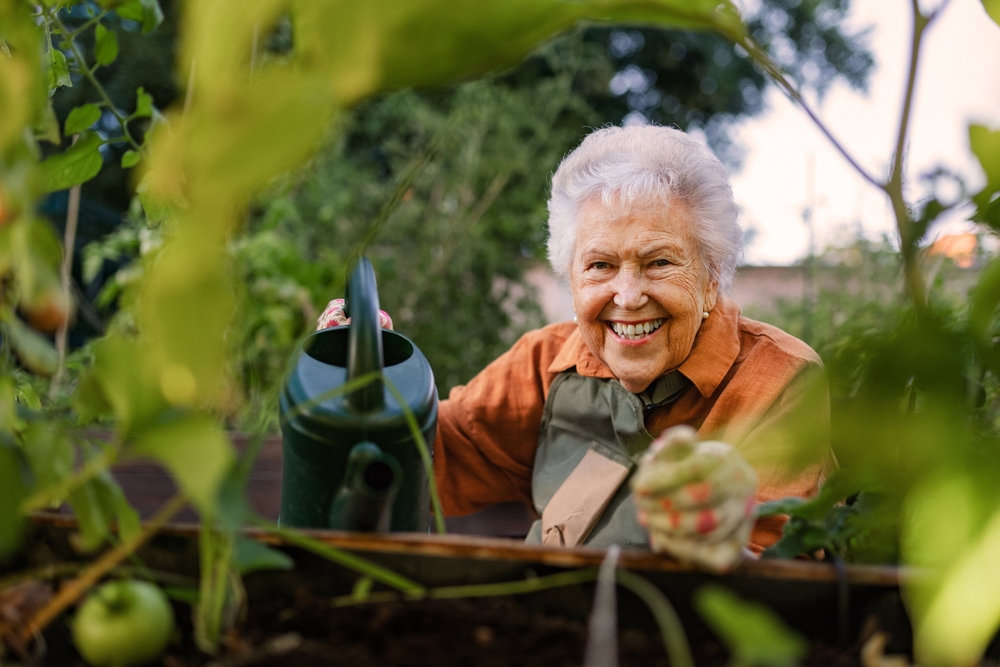
Frequently Asked Questions (FAQs)
What are fun activities for elderly people with dementia?
Music, art, gardening, sensory activities, and simple games like large-piece puzzles or sorting objects are enjoyable and calming.
What are cognitive stimulation activities for people with dementia?
Reminiscence therapy, puzzles, matching games, and sorting everyday objects encourage thinking and conversation in a low-pressure way.
What are the best hobbies to help prevent dementia?
Social, mentally stimulating, and physically active hobbies—like music, puzzles, dancing, and community groups—support brain health and wellbeing.
What cognitive activities do older adults engage in daily?
They often enjoy listening to music, light household tasks, gardening, word games, or reminiscing with photos or familiar objects.
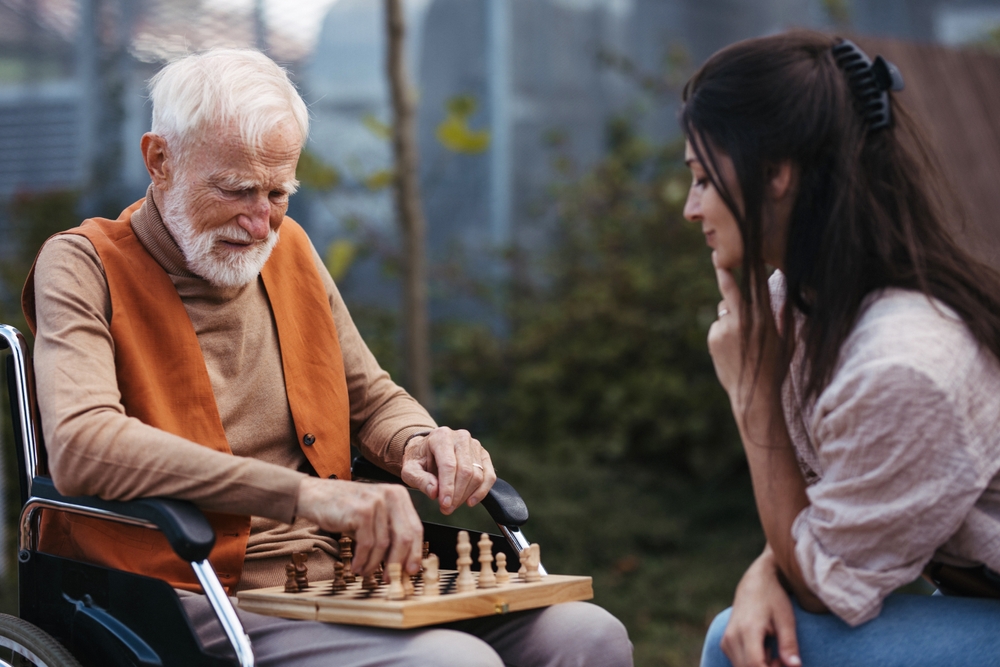
Meaningful hobbies and activities can enrich the lives of seniors with cognitive decline. Whether it’s music, art, gentle exercise, or simple puzzles, the goal is to create moments of joy, connection, and stimulation, without pressure or frustration.
Next Step
If you’d like personalised recommendations for dementia-friendly activities or need help supporting a loved one, you can refer them for an occupational therapy assessment.
Refer someone for an appointment
Our occupational therapists will assess your loved one’s cognitive and physical abilities, then suggest tailored hobbies and strategies to improve quality of life.
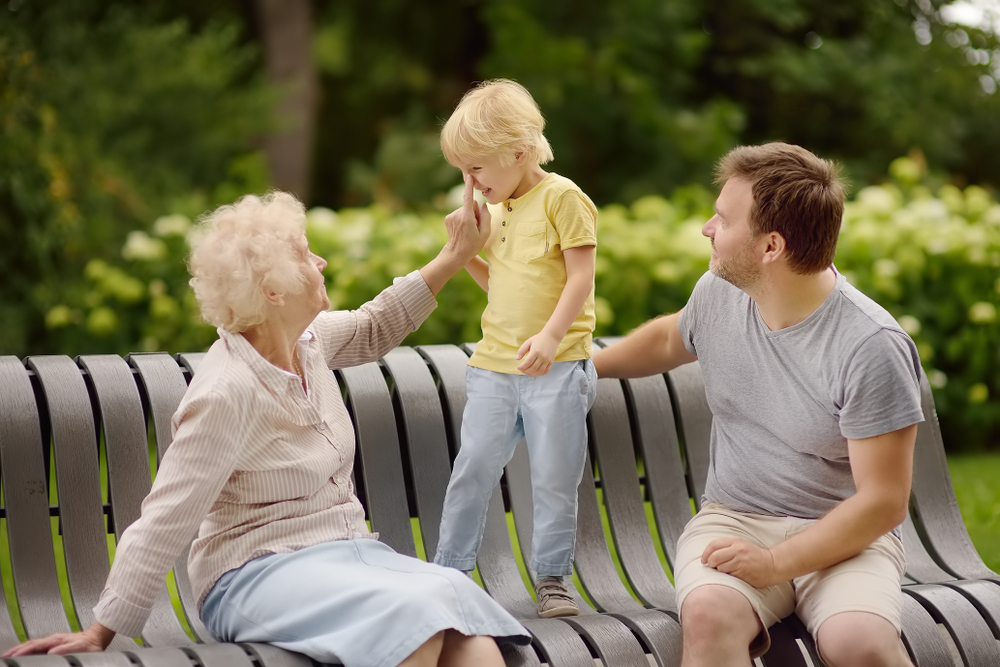
Date Published: Thursday, July 31, 2025
Locate a Aged Care Occupational Therapy
Service Near me
Get the experience & convinence you deserve to support your or a loved one's allied health needs.
Our Aged Care Occupational Therapy team are currently serving & taking appointments in the following states and regions in Australia:
Need to get into direct contact with ur Client Services team? We're all ears. Call our team directly on 1300 731 733

